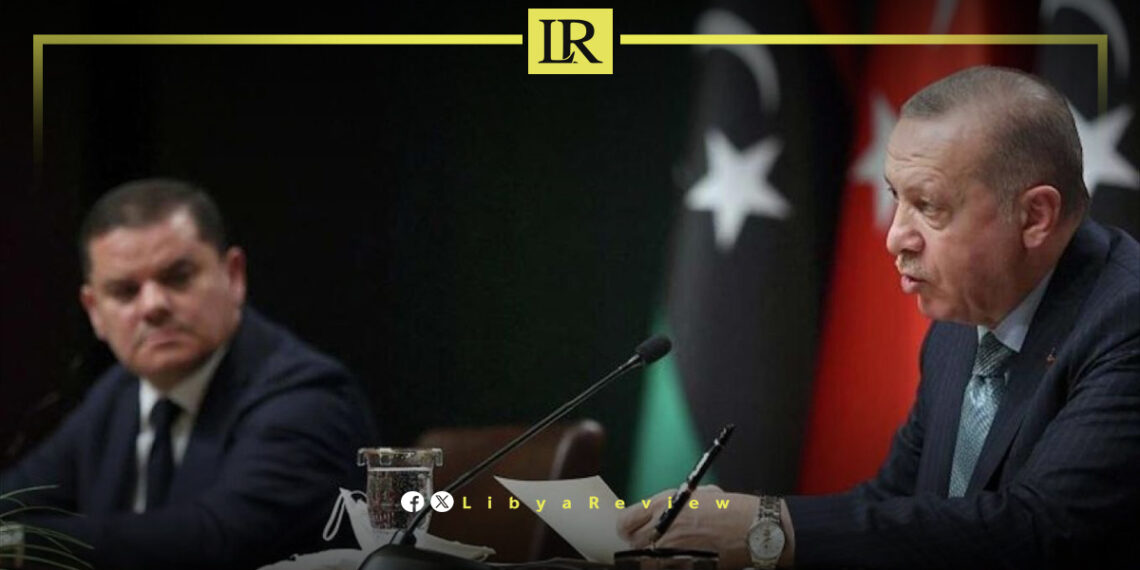Turkey is grappling with significant challenges in implementing key security and economic agreements with Libya, as the country’s deep political divisions and legal disputes obstruct progress.
Despite Ankara’s strong partnership with Libya’s Tripoli-based Government of National Unity (GNU), major agreements, including a 2022 oil exploration deal, remain in limbo due to resistance from Libya’s eastern-based House of Representatives (HoR).
Mehmet Fadil Şekerci, head of the Libya Desk at Turkey’s Foreign Ministry, highlighted these difficulties during a recent parliamentary session in Ankara. He stated that while several agreements have been signed with the GNU, the HoR has delayed or blocked the ratification process. A local Libyan court has further complicated matters by suspending the oil exploration agreement, citing ongoing legal challenges.
Turkey’s Deputy Foreign Minister, Nooh Yılmaz, echoed these concerns, acknowledging the complex legal and political environment in Libya. While Turkey officially recognizes the GNU as Libya’s legitimate government, Yılmaz admitted that internal power struggles between the GNU and the HoR present significant obstacles. He emphasized Turkey’s commitment to respecting Libya’s sovereignty and adhering to both international norms and Libyan domestic law.
Libya’s laws permit executive governments to approve certain international agreements independently. However, deals involving critical national resources, such as oil and gas, require parliamentary approval. The HoR, which questions the GNU’s legitimacy, has refused to ratify key agreements, claiming they lack the necessary legal basis. Turkish opposition figures have also raised concerns about the controversy surrounding these agreements, with Libyan lawmakers labeling some of them as legally questionable.
Turkey’s involvement in Libya extends beyond economic agreements, encompassing significant military partnerships. A 2023 memorandum of understanding on military cooperation, signed in Antalya, builds on previous agreements from 2012 and 2019. These deals allow Turkey to train and restructure Libya’s armed forces and police while granting Turkish personnel broad legal immunity.
Turkey has solidified its military presence in Libya, with its parliament recently extending the military mandate for another two years. President Recep Tayyip Erdoğan has emphasized the strategic importance of Turkey’s role in the Mediterranean, citing its efforts to counter terrorism and illegal migration as essential to national security.
Economically, Turkey is deeply interested in Libya’s vast oil and gas resources. In 2020, Erdoğan announced plans to expand Turkish involvement in Libya’s energy sector, including exploration and extraction. However, these ambitions have drawn international scrutiny. A 2022 report to the United Nations Security Council accused Turkey of violating sanctions by providing military aid and logistical support to armed factions in Libya.


